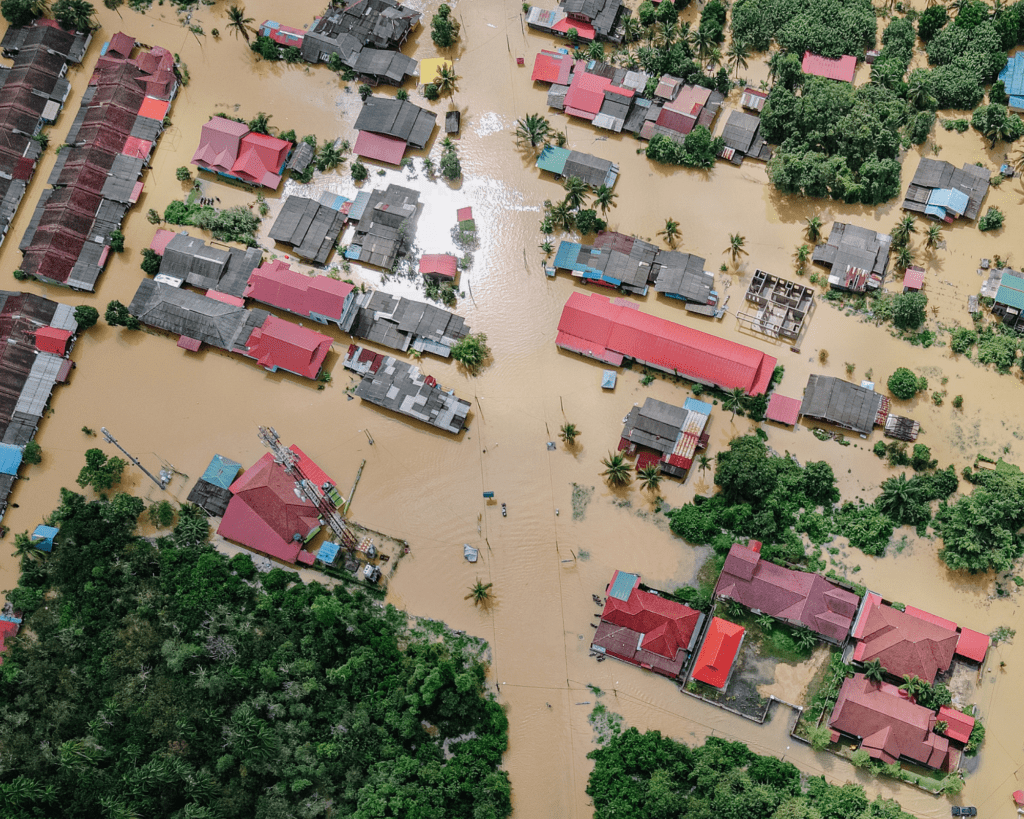Carbon tax—a policy to save our planet and our wallets

Most of us now agree on the importance of introducing policies to curb greenhouse gas emissions. However, an agreement on the best way to apply a carbon tax still seems a long way off.
People’s opposition to this policy stems from the belief that carbon tax is an extra cost on their budget. In every election, politicians appeal to the public, claiming that this policy has no room in their battle against climate change. So why do economists insist on the necessity of applying a carbon tax?
To fully understand the rationale behind the carbon tax policy, it’s helpful to appreciate the impacts of climate change on our lives.
On the news we are frequently seeing devastating floods, bushfires and storms that are destroying properties, infrastructures, and people’s lives. They seem to be happening more often than compared to the last decade, and this is imposing an increasing cost on the economy.

While natural disasters are the most visible consequences of our changing climate, other problems like climate change-related air pollution, food scarcity, and health problems are frequently overlooked.
Air pollution results from overconsumption of fossil fuels and causes a huge health risk for residents. This brings increasing healthcare costs and results in more than 7 million deaths each year.
In addition, rising temperatures and widespread drought due to global warming, decrease the quality and quantity of agricultural products and contribute to a rise in global hunger.
This is a big problem since, according to a recent UN report, over 870 million people are living in hunger in 2022—approximately 50 million more than last year. So, not taking action to stop climate change will accelerate this rate in the coming years.
But have you ever asked yourself, how many of the people suffering from the impacts of climate change are the big carbon emitters? Who pays the real cost of climate change?
The answer is simple. Governments are responsible for rebuilding projects, providing healthcare services and the required food for the country. But we—the taxpayers suffering from climate change impacts—are paying the actual price.
A price that should be paid by the main polluters via a carbon tax, is being paid by the public who are impacted the most due to climate change.
That’s why economists call the carbon tax a golden tool. They point to a concept called “externalities”—when people who suffer from the consequences of climate change are not the ones who contribute to the problem.
Economists believe imposing a carbon tax can internalize the “externalities” meaning that the main carbon emitters are forced to pay for the damages they are responsible for. This is the primary rationale behind the carbon tax—aiming to reduce the burden on people’s budgets.
So next time you hear about the carbon tax, be informed that this is a policy to protect our budgets as well as our planet. By supporting this policy, we can contribute to ending the suffering resulting from climate change.
- About the Author
- Latest Posts
Mona Mashhadi Rajabi is a Post-Doctoral researcher at University of Technology Sydney, specialising in environmental finance, climate policy, sustainability and energy economics. In her PhD thesis titled “Evaluating the Effect of Market-Related Policies in Reducing the Rebound Effect of Energy Consumption”, she looked at the impact of a carbon tax on the economy and offered a carbon tax policy for Australia. She worked on her Phd at Macquarie Business School.







